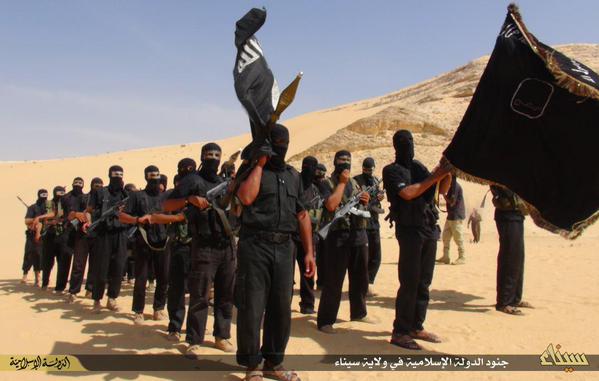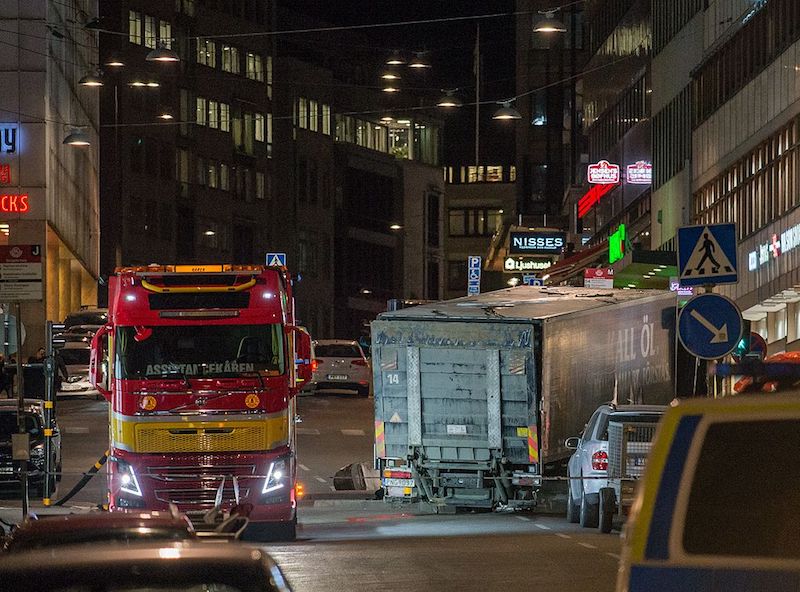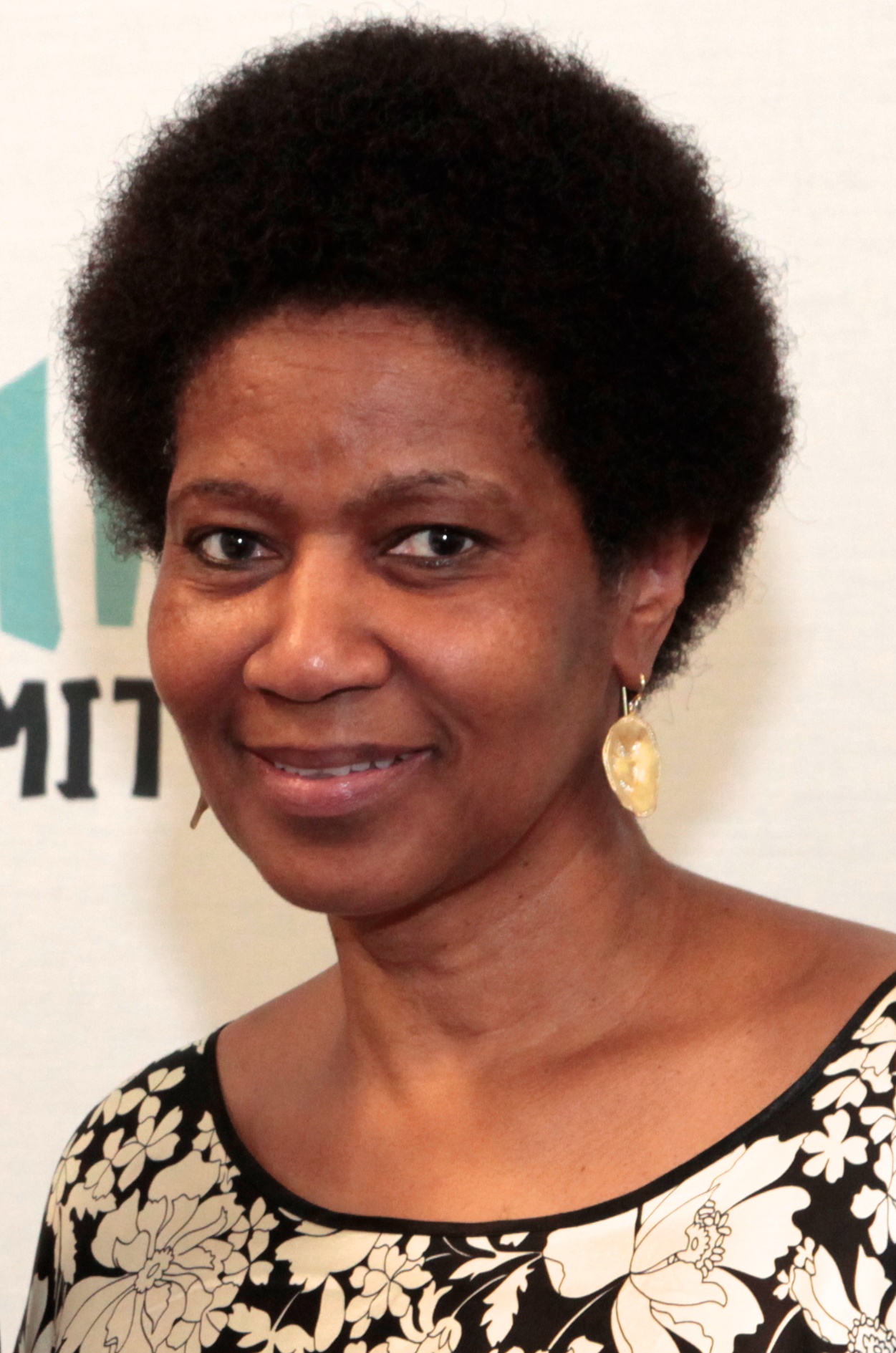Since taking power in 2013, Egyptian President Abdel Fattah el-Sisi has reimposed military authoritarianism, launching a widespread crackdown on dissent and political opposition. Sisi frequently invokes “counterterrorism” as justification for his oppression of Islamists, yet his crackdown may actually be fueling Egypt’s growing Sinai insurgency, as recent developments have dramatically highlighted.
Since the beginning of Sisi’s rule, more than 1,400 people have been killed in political violence, the majority by Egyptian security forces that operate with virtual impunity. Sisi’s troops have pursued liberals, human rights activists, and other opponents of the regime, but the primary target has been mainstream Islamists, specifically the Muslim Brotherhood.
Sisi overthrew President Mohammad Morsi’s Brotherhood government on July 3, 2013. Disagreement surrounds this event, which illustrates Egypt’s deep secular-Islamist divide. Islamists saw it as a military coup, while Morsi’s many opponents regarded the ouster as a popular revolution. The takeover was prompted by the Brotherhood’s failure to compromise with non-Islamist political parties and inability to remedy the country’s fuel shortages and economic woes.
After overthrowing Morsi, Sisi launched a concerted campaign against Islamists, whom he saw as the main political threat to his rule. The most violent of these attacks occurred in August 2013 near Cairo’s Rabaa al-Adawiya mosque, where government forces gunned down hundreds of Islamist supporters, many of whom were teenagers.
Since gaining power, Sisi has filled jails with 40,000 political prisoners. Among those prisoners is former President Morsi, whose highly controversial death sentence has infuriated both Egypt’s Islamists and international human rights groups. Mass death sentences and imprisonments have crippled the Muslim Brotherhood’s leadership, demonstrating the regime’s commitment to eliminating political Islam in Egypt.
Despite the Brotherhood’s renunciation of violence in the 1970s, Sisi has designated the group a terrorist organization and outlawed it from political participation. With this thinly veiled attempt to quash a political threat, the Sisi regime considers anyone who possesses Brotherhood membership or even takes part in its activities to be a terrorist.
This ban, however, cuts deeper than just the political sphere.
Even while Egypt’s secular-nationalist governments long excluded it from political participation, the Brotherhood has developed an extensive network of charities and social services to build popular support and spread its Islamist message. These service networks are widely utilized by Egyptians, and strongly contributed to the group’s success in the post-Arab Spring elections. Under Sisi’s new laws, more than 1,000 charities associated with the Brotherhood have had their assets frozen, depriving many poorer Egyptians of vital services.
Despite his hard-line policies, Sisi has maintained substantial popularity. Many Egyptians see his repression as a necessary evil that is preventing civil war. Four years of political turmoil, combined with nearby Syria’s gruesome post-Arab Spring implosion, have caused Egyptians to crave order. With their longstanding cultural respect for the armed forces, many Egyptians view Sisi’s military regime as a trusted provider of sought-after stability.
Western powers have also come to view Egypt’s new government as a strategic and predictable asset in an increasingly tumultuous region. As a result, the United States has resumed its annual $1.3 billion military aid package that was withheld immediately following Sisi’s takeover.
Ironically, however, Sisi’s repression of Islamists and highly invasive counterterrorism strategy may be making the nation’s terrorism problem worse, not better.
The Sinai Peninsula is the hub of Egypt’s insurgency. Historically a marginalized and mistreated region, the Sinai is home to an Islamic State-affiliated militant group known as Sinai Province (pictured above).
For years, the Sinai has been only loosely governed by the state, with Salafist-led court systems and service provision networks at times effectively substituting for government institutions. As these networks have collapsed during the course of Sisi’s crackdown on political Islam, anger and frustration among Sinai’s residents have spread.
In addition, the military’s no-holds-barred counterterrorism strategy, which includes bulldozing the homes of suspected terrorists, security checkpoints, and intrusive raids, is viewed by many there as indiscriminate, as it fails to differentiate between militants and ordinary civilians.
While Sisi’s hard-line policies are supported by many Egyptians, legitimate channels for the expression of Islamist political views have been eliminated. Blocking these channels creates an environment where even mainstream Islamists, a substantial segment of the population, are ignored and silenced. This has created an opening for radical movements to attract recruits to their cause.
The Sinai insurgency, which has existed for years, has grown since 2013, when Sisi promised to quash extremism by intensifying counterinsurgency operations. While figures vary due to the military’s media blackout of the peninsula, BBC reports that insurgents have killed at least 600 government security personnel in the last two years.
The sophistication of militant attacks is increasing. Most recently, Sinai Province launched a highly coordinated and deadly offensive on July 1, 2015, in the town of Sheikh Zuweid, simultaneously striking 15 military checkpoints with suicide bombers, small arms fire, and mortars. The attack, which killed more than 50 Egyptian military and police personnel, utilized tactics similar to the Islamic State’s in Iraq and Syria, suggesting heightened coordination between the two groups.
This attack came just two days after state prosecutor Hisham Barakat was assassinated by a car bomb in Cairo, likely initiated by a jihadist group.
In response to the growing insurgency, Sisi has vowed to further intensify operations in the Sinai and expedite executions.
Yet Sisi’s “hammer-hits-nail” approach to counterterrorism is likely to exacerbate Egypt’s insurgency, which highlights the dilemma facing him. While he needs to respond to militant attacks, his current policies are allowing extremists to claim victimhood, giving credibility to their radical cause. If Sisi wants to contain terrorism, he needs to counter this narrative by incorporating Islamists into the political sphere rather than excluding them.



